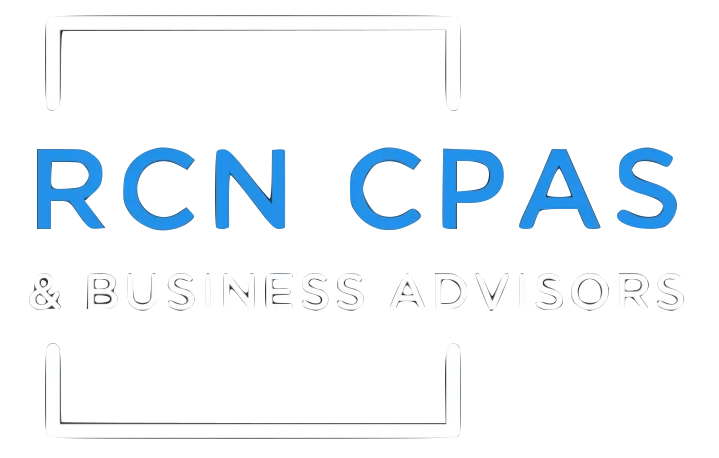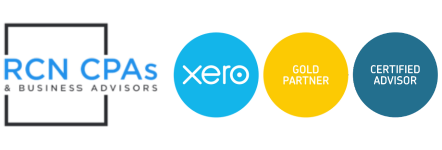5 Personal Finance Best Practices for Growth-focused Business Owners
As a growth-focused business owner, you understand the importance of managing your business’s finances effectively. However, it’s equally crucial to manage your personal finances to ensure long-term financial stability and success.
Here are personal finance best practices that you should embrace to secure your financial future.
- Separate Business and Personal Finances
One of the fundamental principles of personal finance for business owners is to maintain a clear separation between personal and business finances. Mixing the two can lead to confusion, tax complications, and hinder your ability to track your financial progress accurately.
Create a separate bank account for your business, use business credit cards for company expenses, and avoid using business funds for personal purchases. This separation not only simplifies financial management but also protects your personal assets in case of legal issues or business challenges.
- Establish a Personal Budget
You should have a personal budget, just as your business requires a budget to track income and expenses. Creating a personal budget allows you to set financial goals, prioritize spending, and save for your future. It’s a powerful tool for achieving your personal financial objectives.
Start by identifying your monthly income and categorizing your expenses, including housing, transportation, food, entertainment, and savings. Ensure that you allocate a portion of your income towards savings and investments to secure your financial future.
- Save for Retirement
As a growth-focused business owner, you may prioritize reinvesting in your business. While this is essential for business growth, it’s equally important to save for retirement. You can’t rely solely on the success of your business to fund your retirement years.
Consider establishing a retirement plan such as a 401(k) or an IRA (Individual Retirement Account). These accounts offer tax advantages and help you build a substantial retirement nest egg. Consistent contributions over time can make a significant difference in your long-term financial security.
- Build an Emergency Fund
Life is unpredictable, and unexpected expenses can arise at any time. To protect your personal finances, create an emergency fund. This fund should cover at least three to six months’ worth of living expenses. In case of medical emergencies, unexpected business setbacks, or personal crises, your emergency fund will provide a financial safety net.
Start by setting aside a portion of your income each month until you’ve built up the recommended amount. Keep this fund in a separate savings account or money market account for easy access when needed.
- Invest Wisely
In addition to saving for retirement, consider investing wisely. Diversify your investments to spread risk and increase the potential for long-term growth. Consult with a financial advisor to create an investment strategy that aligns with your risk tolerance and financial goals.
Consider investing in assets like stocks, bonds, real estate, and mutual funds. Stay informed about market trends and adjust your investment portfolio as needed to maximize returns while minimizing risk.
Growth-focused business owners often dedicate significant time and energy to their businesses, but it’s crucial not to neglect their personal finances. By following these tips, you can secure your financial future, protect your assets, and enjoy peace of mind while growing your business. Remember, a financially stable business owner is better equipped to navigate the challenges and opportunities that come with entrepreneurial success.





